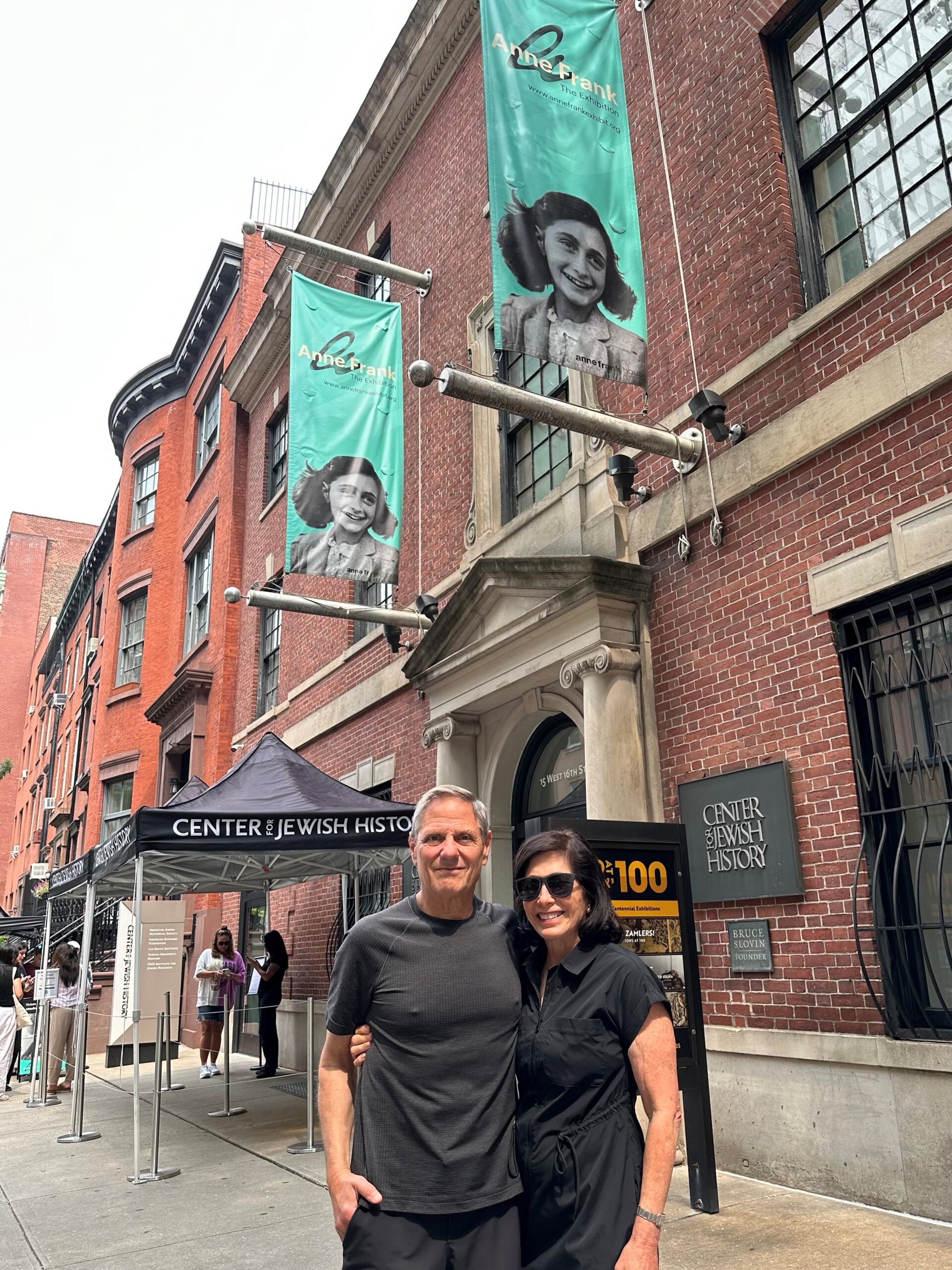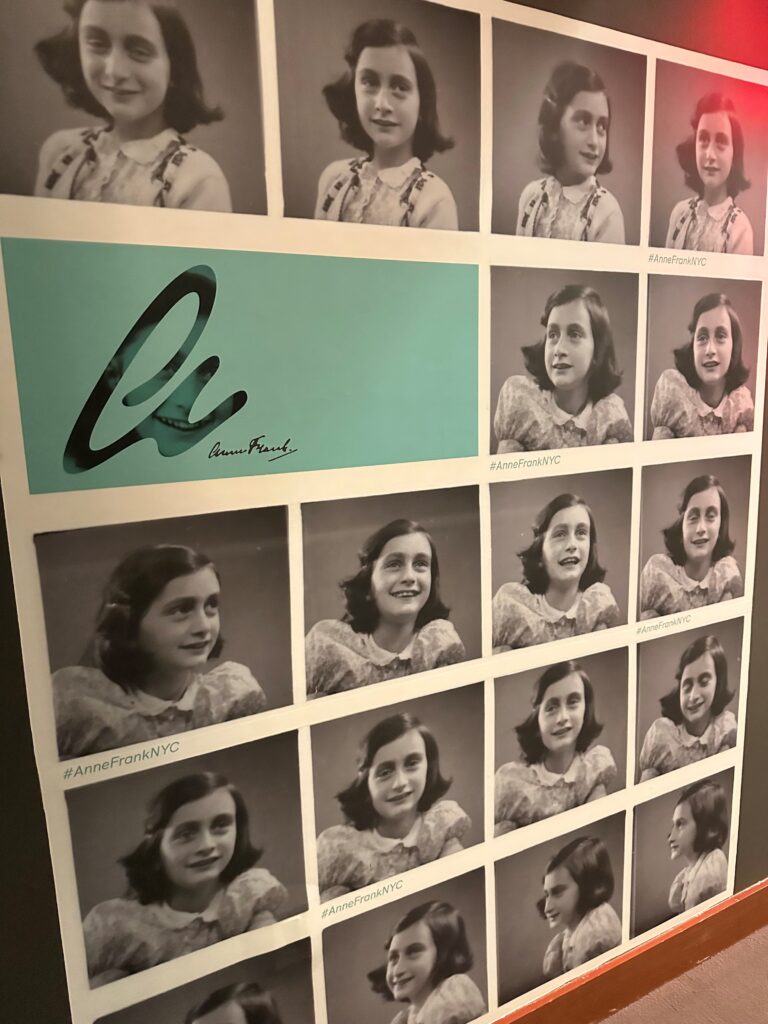In my recent post about the Blum family’s “roots” trips to the Holy Land, ancestral home of the Jews, I stressed the importance of knowing your family heritage. Kids who know about their ancestors and their stories grow up more resilient and with a higher self-esteem. On top of that, I just learned from Kasia Flanagan with Everyday Legacies that there is even a correlation between knowing your heritage and career success. Suffice to say, there are powerful benefits to knowing your past. What’s the best way to ensure that your descendants will know where and who they come from? Document it. Elder generations (like me) need to record our history. And we need do so before it’s too late, before we die and “a library burns down” (in the words of Scott Farnsworth and Peggy Hoyt, authors of Like a Library Burning).
The best way to learn history is from stories. Stories capture our imagination and hold our attention. Best of all are stories of ancestors’ resilience. As author David McCullough wrote, “There’s no one who hasn’t an ancestor who went through some form of hell.” There’s no better example of going through hell than the story of Anne Frank. Knowing history like hers “imparts a ‘sense of navigation,’ a new realization of what we’ve been through and what we’re made of.’” (Peggy Noonan, “A New Collection of Works by David McCullough Helps Put Our Tumultuous Times in Perspective,” Wall Street Journal, Sept. 4, 2025.)
Over the summer, Laurie and I had a reminder of the power of Anne Frank’s story, as told through the most impactful personal memoir ever written: The Diary of Anne Frank. We spent a morning touring Anne Frank: The Exhibition, hosted by the Center for Jewish History in New York. The exhibit recreates the experience of the Frank family, hiding for over two years in a secret “annex” in Amsterdam until Nazis discovered them and sent them to their deaths. Only Anne’s father, Otto Frank, survived. After his liberation from Auschwitz concentration camp, Anne’s father returned to Amsterdam hoping to find surviving loved ones. It was not to be. But he did find there something else that proved to be meaningful. Miep Gies, the righteous gentile who hid the Frank family, handed over to him a stack of Anne’s writings that she had found and saved. Those writings were the key to preserving one of the most important stories in the history of mankind. To this day, Anne’s Diary serves as a reminder that we must never again allow hate to win. Anne’s words empower us. Even if the words we pass down to our next generations don’t rise to the level of Anne’s, they can still deliver valuable and inspiring messages.
At the end of the exhibit, we learn that Otto Frank submitted Anne’s writings to a publisher. The response letter blew my mind. The publisher declined to publish Anne’s Diary because it “wasn’t of literary value.” Fortunately, Mr. Frank knew better and persisted. Fast forward to today. Anne’s Diary has been translated into more than 70 languages, selling over 30 million copies, and is widely regarded as one of the best nonfiction books of all time.
I highly recommend taking a tour of Anne Frank: The Exhibition. It’s located near Union Square in New York, and the exhibit has been extended until October 31, 2025. The entire annex has been recreated exactly as it was, and you don’t have to fly all the way to Amsterdam to see it.
For those of us who underestimate the value of our story, I submit that we never know what meaning our words will have for someone else. It’s not necessary that our memoir reach a large audience. Even if we only touch a very few, or even only one, we may make a life-changing difference for that one. Katie Heck, Marketing Specialist at The Blum Firm, likened it to this fable her grandma often shared: “A man was walking along a beach after a storm and sees thousands of starfish washed up on the shore. In the distance, he notices a boy picking up a starfish one by one and tossing them back into the ocean. The man approaches and says, ‘There are miles of beach and countless starfish—you’ll never make a difference.’ The boy picks up another starfish, gently throws it into the water, and replies: ‘I made a difference for that one.’”
Katie joins me in urging everyone to record your history. Flanagan sums it up so well: “Heritage creates belonging, identity, and context to one’s life.” And telling of your journey “isn’t only to share the highlights and proud moments of your life, but to share the troubles and challenges too, along with the tools that have helped you be successful—your principles and values. People don’t relate to perfection, they relate to realness.“
So let’s learn from a little girl in Amsterdam who documented her story and changed the world. Someday, some descendants of yours whom you never had the chance to meet, may very well find meaning in your words and experience a sense of belonging to something bigger than the now—the power of knowing they’re a link in a long-lasting heritage chain.
Marvin E. Blum

Marvin & Laurie Blum at Anne Frank: The Exhibition, hosted by New York’s Center for Jewish History.

